Our Fathers Lied: The Origins of World War I
Manage episode 328917902 series 3350741
Welcome to the World Bar. It's a tough locale, with scratched tables and angry patrons, and you won't find it on Yelp. But it's here that the most powerful European countries stumbled into the most devastating war the world had ever known in August 1914.
Here's the original meme that inspired this episode:

I left out a few lines to simplify things, but I love it.
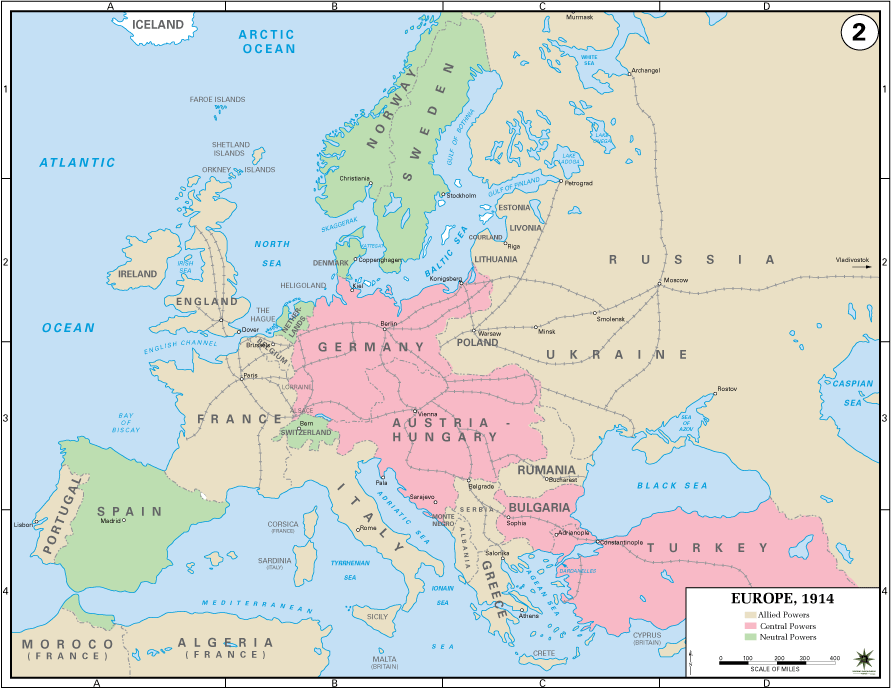
This is a look at the different alliances during the war. The green countries are neutral. The pink countries are the Central Powers. Note that Bulgaria and the Ottoman Empire didn't join the Central Powers until later in the war. The tan countries are the Triple Entente. Similarly, Italy, Romania and Portugal also didn't join this alliance until later in the war.
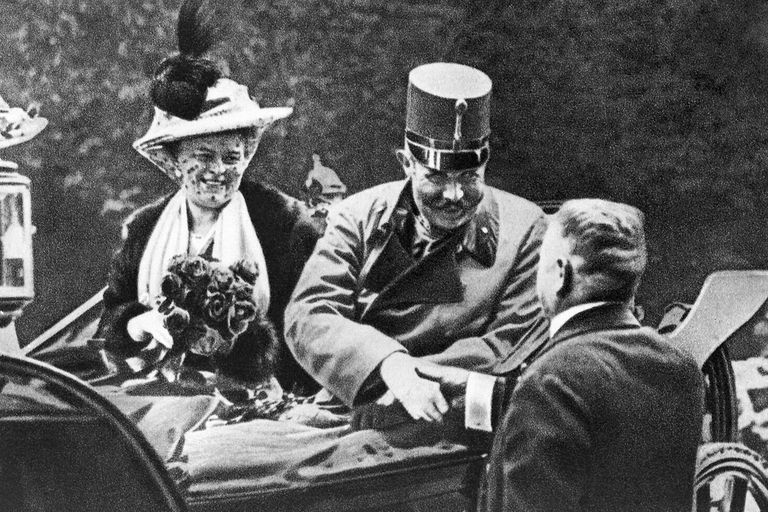
Introducing Austria Archduke Franz Ferdinand and his wife Sophie. Their assassination on June 28, 1914 began the crisis that ended in the Great War.
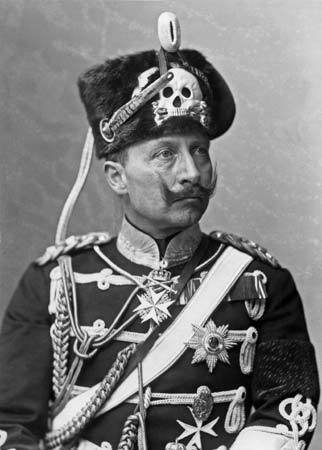
Kaiser Wilhelm II of Germany gave Austria a "blank check" to take any actions it chose against Serbia. This is the emperor in only one of his outrageous uniforms. The skull on the cap is a nice touch.
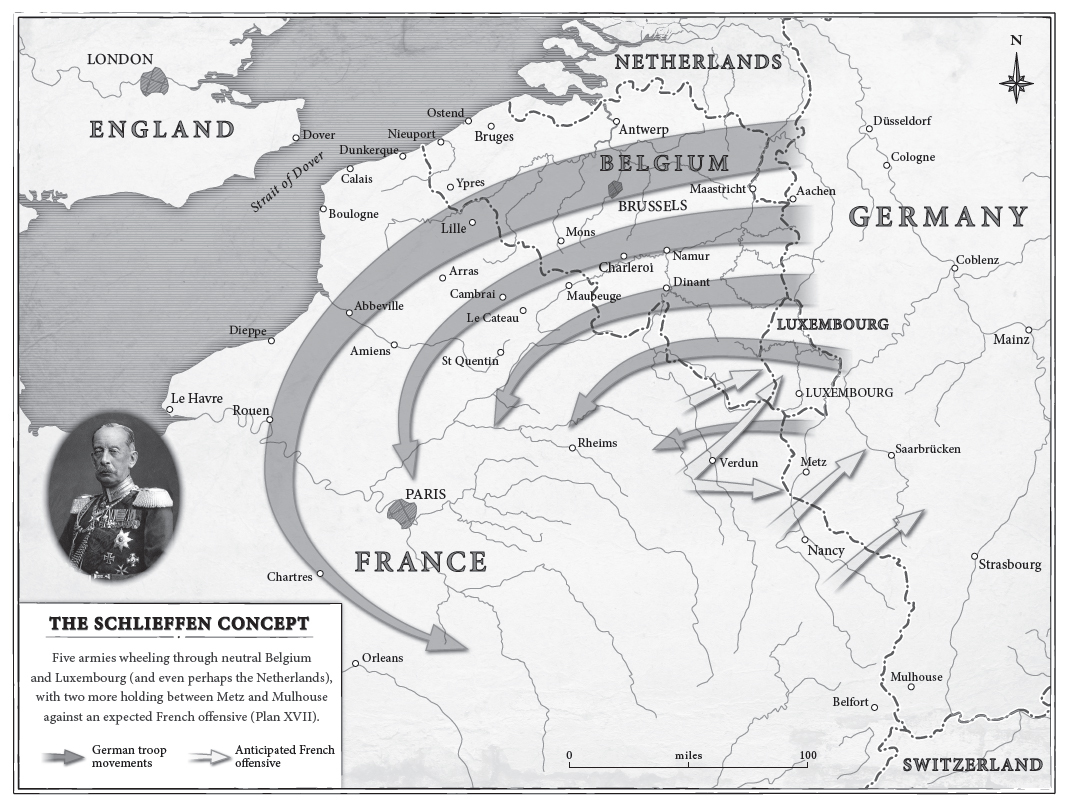
Germany's plan for defeating both France and Russia was to put Russia on hold and make a lightening strike against France. ThiTSchlieffenhe plan, named after the general who developed it, was to sweep across neutral Belgium and Luxembourg into northern France and circle around Paris. The French and British stopped Germany at the outskirts of the capital.
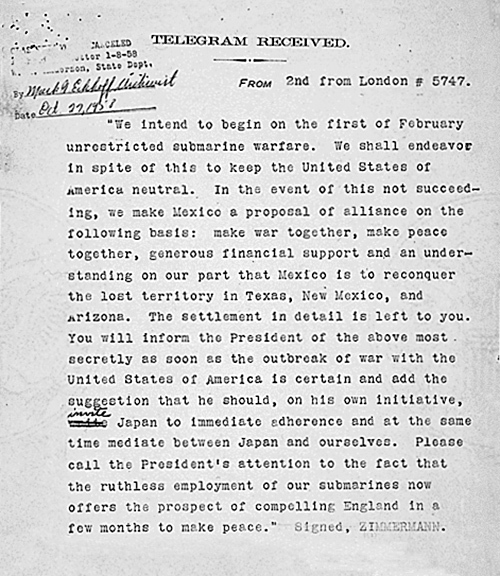
In early 1917, the German Foreign Minister Arthur Zimmermann sent a telegram to Mexico urging it to join the war against the United States. In return, it would be awarded all of the U.S. states it lost in 1848. This is a copy of the telegram that was intercepted by British code-breakers and translated into English. Outrage over the telegram was the final straw that broke U.S. resolve to stay out of the war.
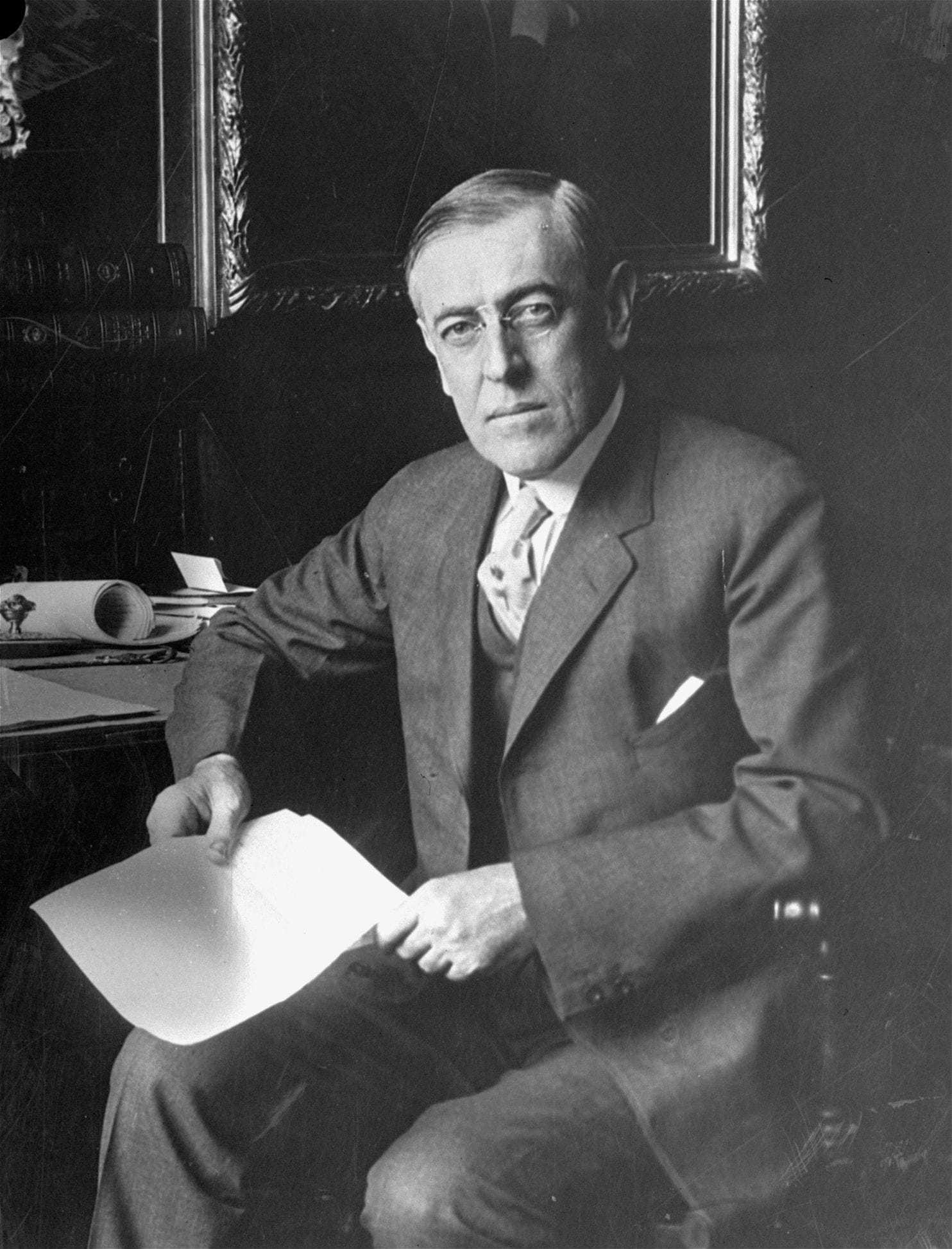
U.S. President Woodrow Wilson originally didn't want to join the war, but once he was thoroughly riled up, he threw all American resources into defeating Germany.
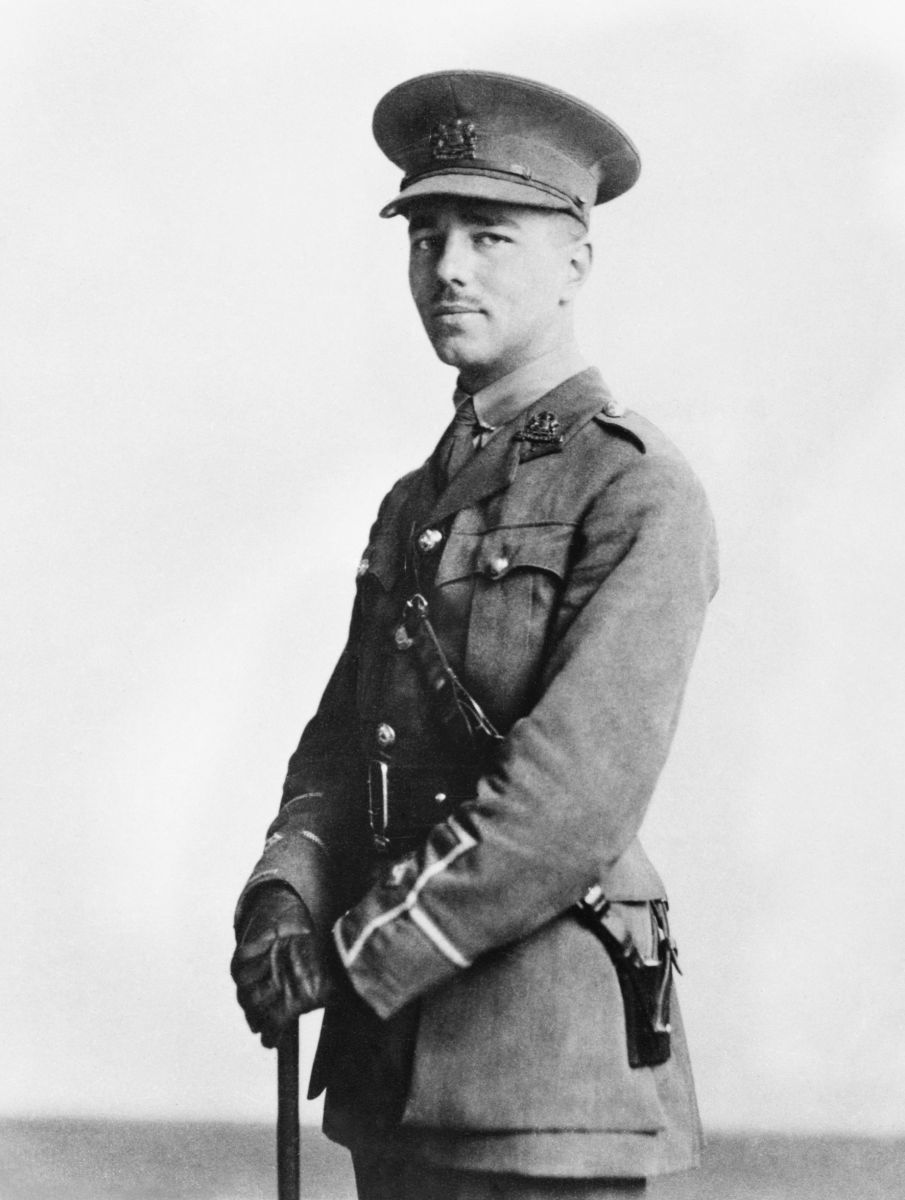
Wilfred Owen wrote some of the most devastating poetry of World War I. He was a young British officer, and he was killed one week before the Armistice.
Here's a link to the complete text of "Dulce et Decorum Est," and here's Christopher Eccleston reading the poem for the BBC.
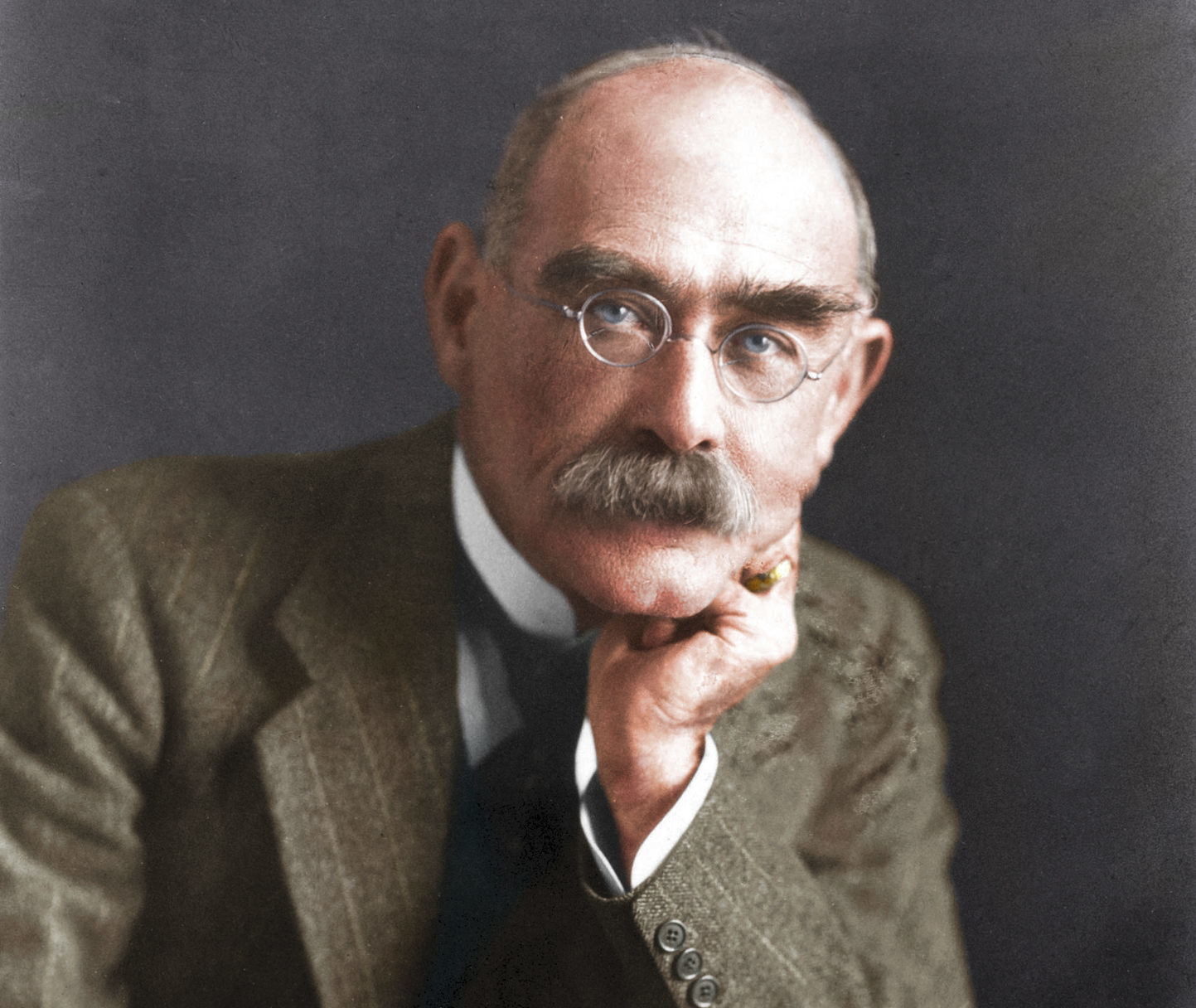
Nobel laureate Rudyard Kipling was once a huge supporter of World War I, but after his son Jack died, his tone changed. Here's a link to several excerpts from his 1919 collection Epitaphs of the War.
For more World War I poetry, I recommend this collection by the Poetry Foundation.
Production Notes
Thanks to Chris McAdams, my marvelous husband, for helping me record this episode.
The theme music for this podcast is "Mostly Mo" by Aaron Steinberg, from Strike Audio, courtesy PodcastMusic.com. PodcastMusic.com also provided several sound effects for this episode.
Thanks to Kraigpartridge for the bar scene sound effect, courtesy FreeSound.com.
- Please note that the links below to Amazon are affiliate links. That means that, at no extra cost to you, I can earn a commission if you click through and make a purchase. (Here's what, legally, I'm supposed to tell you: I am a participant in the Amazon Services LLC Associates Program, an affiliate advertising program designed to provide a means for me to earn fees by linking to Amazon.com and affiliated sites.) However, I only recommend books that I have used and genuinely highly recommend.
Links:
- The Guns of August: The Pulitzer Prize-Winning Classic About the Outbreak of World War I by Barbara W. Tuchman — Tuchman's book is now decades old, and some the details have been contested by recent researchers, but it still the best book about the origins of World War I, in my very humble opinion. It's vivid and packed with telling details, and somehow Tuchman manages to inject suspense into events that took place more than a century ago.
- The Sleepwalkers: How Europe Went to War in 1914 by Christopher Clark — One of the most highly regarded recent publications about the start of the war, this book is scrupulously researched. I'll admit, it's heavy going at the beginning. You begin to feel you will never get out of the Balkans. But the last three-quarters make it worth sticking with the text. It's not a casual read, but it's worthwhile.
- A World Undone: The Story of the Great War, 1914 to 1918 by G. J. Meyer — This is a really solid overview that begins with the origins of the war and takes the reader through to the beginning of the Peace Conference in 1919. It's a very accessible history of the entire war with far more detail than you might think possible for such a vast subject.
- The Zimmermann Telegram by Barbara W. Tuchman — This short little book tells the story of the event that drove the United States into the war, the telegram promising Mexico a massive chunk of the United States if it joined the Central Powers. It's a great introduction to Tuchman, if the thought of "The Guns of August" is overwhelming, and a fantastic retelling of one of the most bizarre and consequential events in the war.
- The World Remade: America in World War I by G. J. Meyer — This book is a companion to "The World Undone" that focuses on events in the United States. The last quarter book is one of my main sources for this series, but the first half describes the process of the United States turning from isolationism to single-minded focus on winning the Great War.
- "The Big One," by Adam Gopnik, The New Yorker, August 15, 2004 — This article is technically a review of several books about World War I, but it offers a compelling overview of contemporary thinking about the origins of the Great War.
- The Great War YouTube Channel — I am incredibly impressed with this video series about the Great War and wish I had found it years ago. The creators take a week-by-week look at the war but also highlight key individuals and events in special episodes. If you're curious about any single aspect of the war, from social conditions in Germany to the guns used by Australians, check out this channel.
27 odcinków




